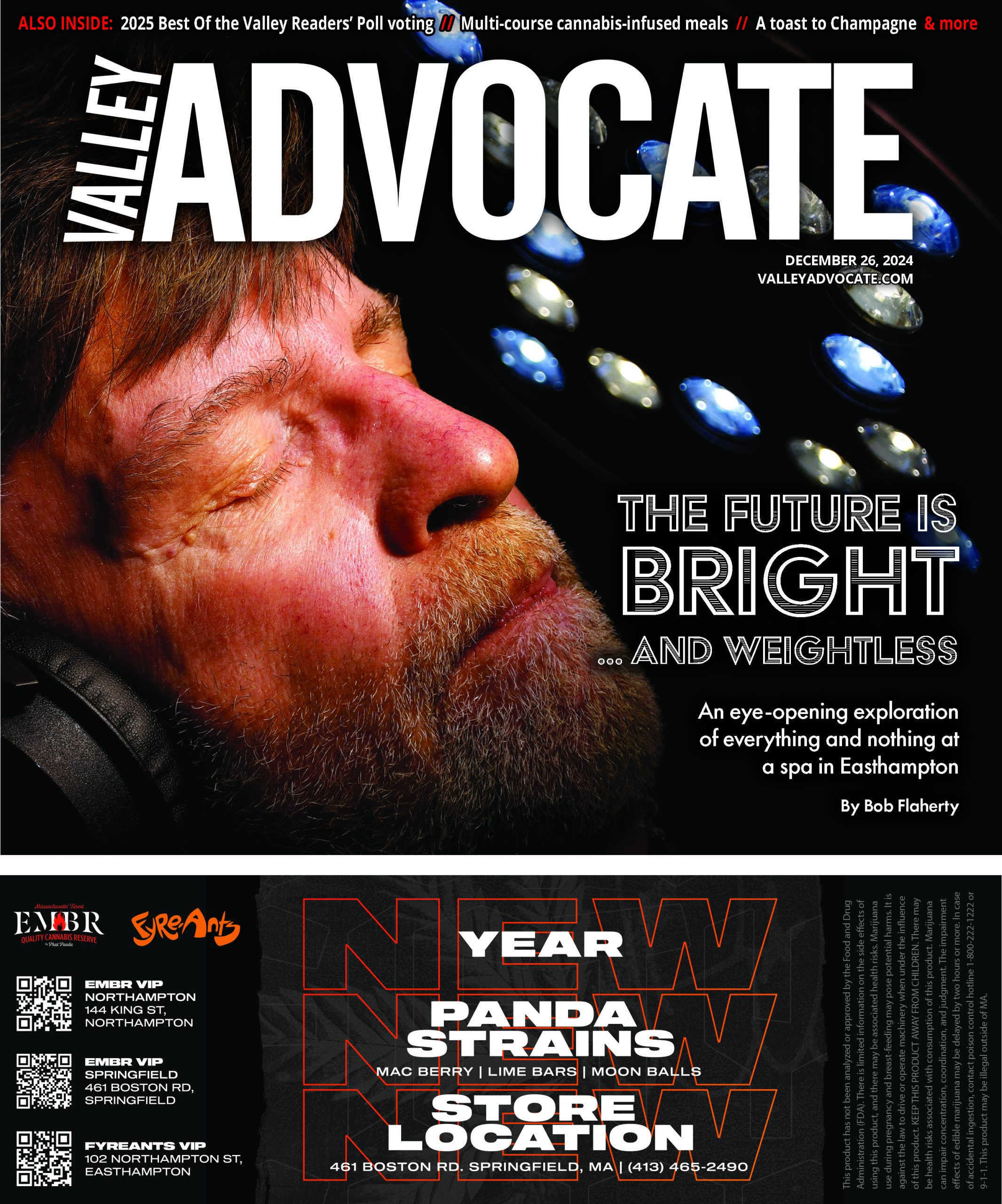I had an unpleasant experience with panhandling.
A close relation decided to drop out from society. Her choice led to a transient life on the road, and tragically, to an early grave. I'll call her X. She got her start by panhandling in Pulaski Park and on Main Street in Northampton. Asking for spare change was easy for her, and eventually she took up space at shelters and soup kitchens. The well-meaning staff at these facilities had no idea that X had other options when she came to their door.?
"I have no place to go," she would say. "Come in," they'd reply. When the weather turned cold, X would hitchhike to a warmer climate.
A transient lifestyle is a bit easier when you're young and vibrant. Sleeping under the stars isn't so tough when you have your health and the back seat of a car or a tent within which to loll. There are no housing costs or jobs to attend to, and for some it is a lifestyle choice. It was working well for X until a careless accident left her permanently lame. Given a modest dwelling and financial support from the federal government, she lived out her days poor. Due to complications stemming from her injuries, her life ended too early.
Suffice it to say that not all panhandlers are poor and not all poor people panhandle.
It is ironic that the authors of Northampton's proposed "panhandling" ordinance have presented nothing but anecdotal evidence that panhandling poses a problem. Is that sufficient reason for the city to crack down on panhandlers—especially during this season of giving? Restricting panhandling under the guise of a solicitation ordinance treats the symptom rather than the cause. It would punish those in need along with those who abuse the right.
The issue of panhandling is far too complex for sweeping solutions. Weeding out the people who are merely making a lifestyle choice from those who truly are out of a job or out of a home convolutes the challenge, but this aspect of the debate should not be ignored. Ethically speaking, should people who have other means be on public streets asking for handouts? Moreover, should they be taking up room at social service facilities when there are truly needy people out there getting turned away? I think not.


